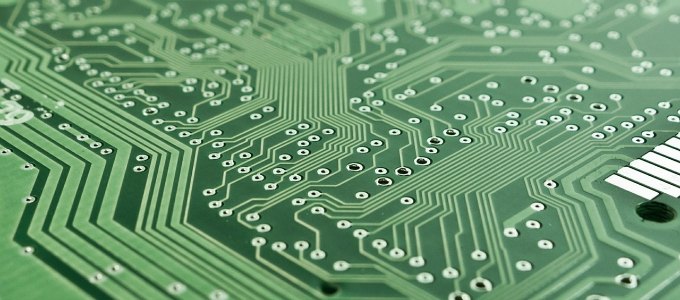A new paper published by the National Bureau of Economic Research found machines that use computer algorithms do a better job evaluating a job applicant’s technical skills, personality, cognitive skills and overall fit for a job than a recruiting professional.
Candidates assessed by machine stayed in their positions 15 percent longer than applicants evaluated by a recruiter on average, according to the study. Further exacerbating the difference, the study found that when hiring managers exercised discretion and ignored the machine’s recommendations, less-qualified applicants were hired.
Of course, humans are fallible, and other studies have shown that managers like to work with people similar to themselves, which might explain why they look past qualifications to place more emphasis on a candidate’s personality. Unconscious biases toward certain races, genders, sexual orientations and other identities can also creep into the hiring process, wrecking objectivity when evaluating job contenders.
Managers also want to trust their judgment and have confidence in their ability to predict success. This mentality has fostered a practice of “algorithm aversion,” according to a study in the Journal of Experimental Psychology.
Although machines seem to be better at selecting qualified job applicants, they have yet to figure out how to engage in amusing water-cooler banter.















